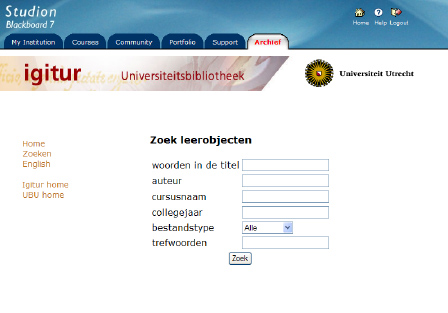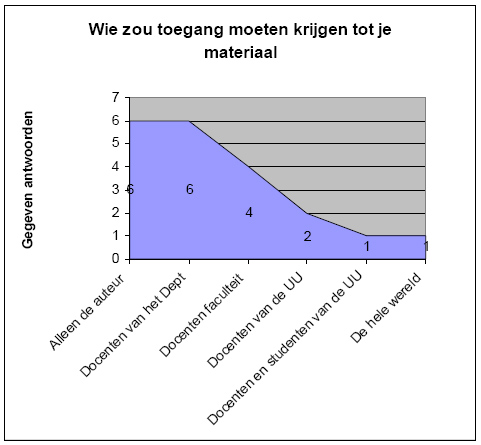

A blog entry for all the people out there that hadn't heard yet, or that don't follow my tweets. Starting the first of February I will be leaving Utrecht University and starting a new job at SURF foundation. Half of my time I will be a community manager for the SURFshare projects, ensuring that the information and experiences learned in the projects are exchanged amongst the projects and brought to all those interested, mainly in the field of higher education in the Netherlands.
If you haven't heard about SURFshare: it is an initiative to improve the access to scientific knowledge making use of IT facilities. Examples are projects in the field of Open Access publishing, Virtual spaces for researchers to collaborate in or projects that aim to improve the accessibility of research results from professional universities in the Netherlands.
The other half of my job I will be the community manager for the Knowledge Exchange. This is a collaboration between JISC (UK), DEFF (Denmark), DFG (Germany) and SURF (Netherlands) aims at making 'a layer of scholarly and scientific content openly available on the Internet'. One of my tasks will be to try and channel and exchange experiences learned in the various working groups that are working on one of many topics.






